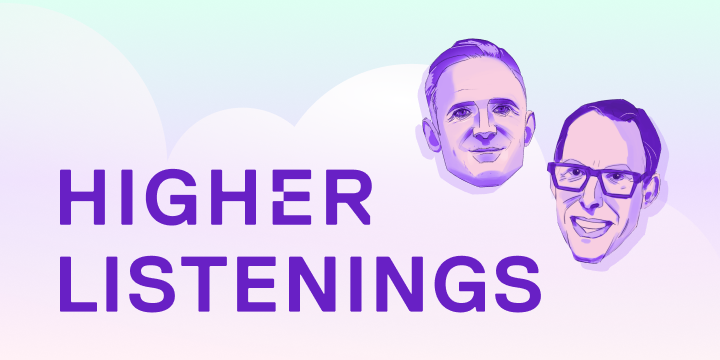The higher ed landscape is constantly evolving—and it can be hard to keep up. That’s why we’ve started Education on Education: a series dedicated to the top trending stories in higher ed this week. Ranging from anti-racist teaching practices to the benefits of in-person classes, we’ll highlight the essential educational topics you’ll want to read up on.
1. Doubts about going to college: Inside Higher Ed
Survey data show that 43 percent of prospective college students going into one- and two-year programs are looking to delay enrollment. Forty (40) percent of prospective students have been forced to explore other financial support options due to the pandemic’s economic toll. Comparatively, 54 percent of students still see value in obtaining a degree.
Click here to learn more about how students view higher ed today.
2. 7 missing pieces: why students prefer in-person over online classes: University Affairs
It can be challenging to foster community online. Some students say online learning is a “missed networking opportunity.” Others share how disruptive online learning is with household interruptions and little sense of routine.
Click here to learn more about the downsides to online learning.
3. Did students in college housing learn better?: Inside Higher Ed
Eighty-five (85) percent of students who live in campus residences say they’ve had successful academic outcomes. Contrastingly, 58 percent of students who live at home struggle to keep up with coursework. Almost three-quarters of students felt a sense of belonging while living in on-campus housing.
Click here for more on the effects of community on student success.
4. How to be an anti-racist educator: An interview with Ibram X. Kendi: Ed Surge
Author, professor and anti-racist activist Ibram Kendi advocates for more equitable classroom spaces. Instructors can start by asking themselves: “is this new technology allowing me to build an anti-racist learning environment?” Kendi also suggests assessing not based on how much a student knows, but how much they have a desire to know. His takeaway? Investing in students—versus educators—is the first step to creating academic spaces that acknowledge and celebrate racial differences.
Click here to read Ibram Kendi’s full interview.


